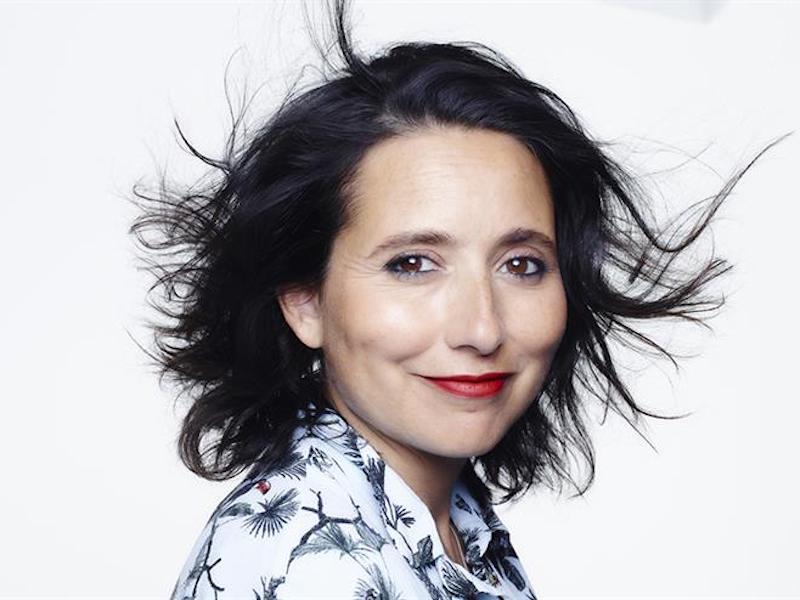PRovoke Media 17 Jun 2022 // 11:09AM GMT

After more than two years of the Covid-19 pandemic, it can be hard to quantify the ways in which we have changed. Our pandemic coverage helps us understand the industry impact, and it seems unlikely that any of our content has been untouched by the unique circumstances that have taken root since the start of 2020.
But so much of that change has occurred at a human level, where many of the lessons emerge from the various conversations and anecdotes that underpin our stories and events. To better showcase these learnings, and provide a measure of insight into how the global PR industry is responding to such a transformative era, this series asks people what they have learned, according to three specific areas.
In the latest instalment in our series, we hear from Nik Govier, founder and CEO of Blurred, on the attraction of triple-bottom-line agencies, transparency and health scares.
Three things I've learned...
Career
People are finally – and gloriously – voting with their feet. For too long agencies have been getting away with bad behaviours but no more! In a post-Covid world – where there’s so much more freedom to be found – the ‘great resignation’ has seen people looking further for work opportunities that more closely meet their personal needs and values. There are so many great employers out there now, all showing that people, planet and profit don’t have to be mutually exclusive.
PR
There’s more scrutiny than ever in terms what we all do, and for who. And rightly so. There’s been a lot of shady practice for years, with the likes of Bell Pottinger coming well and truly unstuck. But governments, publics, employees and beyond are also scrutinising our industry more, in terms of green washing, but – worse still – promoting climate denial. I’m seeing loads more transparency and that’s only a good thing as it will lead to change.
Personal
Blurred was touched disproportionally by cancer-related grief last year, and I also had a health scare. The most unexpected thing that came out of it was that now I’m a mindfulness convert – something I never thought was for me (I’m neurodiverse and rarely sit still, sleep or press pause). But by (admittedly grudgingly) attending a mindfulness course, I inadvertently got ahead of a potentially serious illness and mindfulness is now part of my day to day life. And I’m a better wife, mother, friend and colleague for it.
If you'd like to share your three lessons, please let us know.


































.jpg)

















